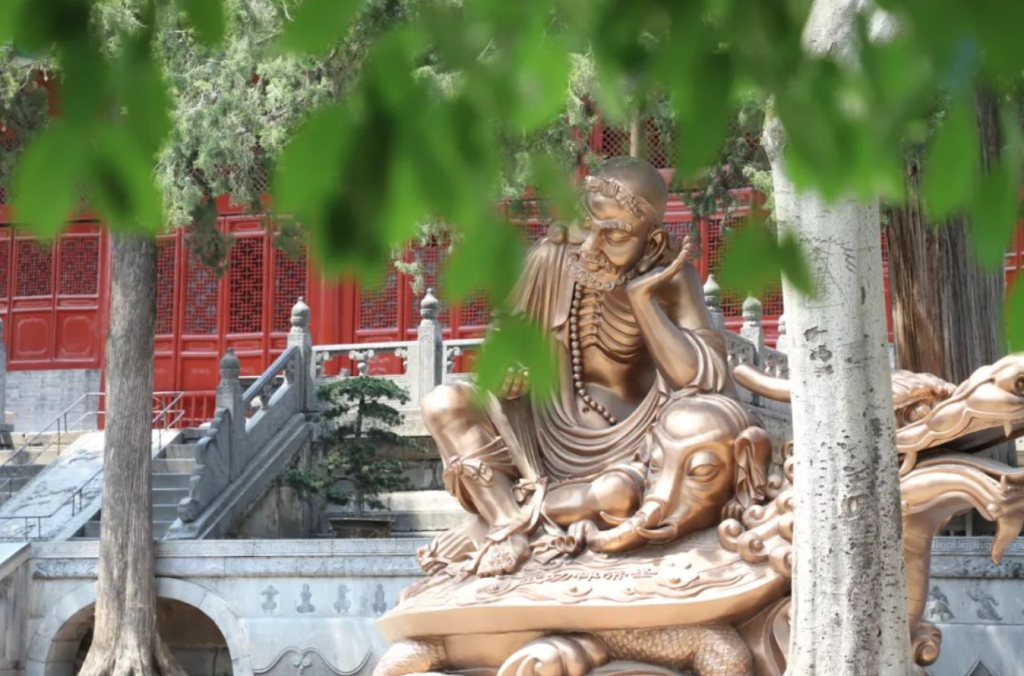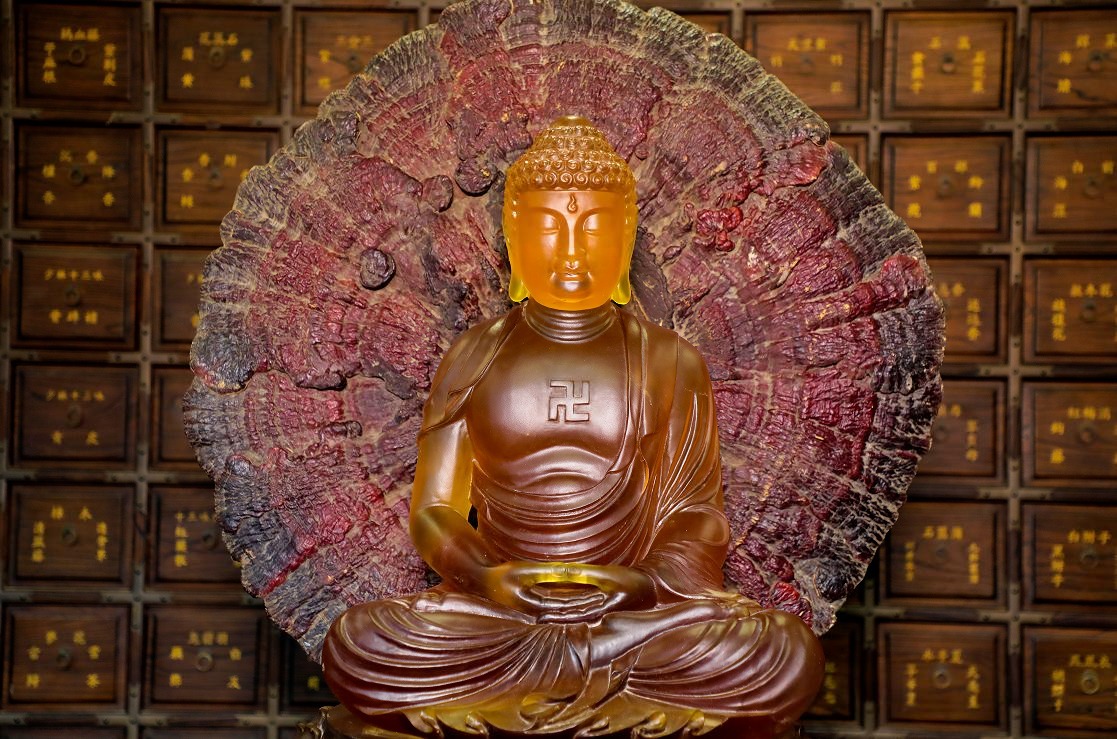
What is Enlightenment? What State Does an Enlightened Being Attain?
Enlightenment, or Wu (悟) in Chinese, signifies the profound realization of the True Nature of Reality, transcending dualistic thinking and Samsara [Note: Samsara refers to the cycle of birth, death, and rebirth]. In Zen tradition, it is the direct apprehension of Prajna (般若), the wisdom that sees things as they truly are.
An enlightened being dwells in a state of perfect equanimity, where afflictions cease and the mind abides in stillness. Like the moon reflected in water—clear yet unmoved—the enlightened one perceives all phenomena without attachment. Their actions flow spontaneously from wisdom, embodying Chan Wu (禅武), the unity of meditation and martial arts [Note: A core principle at Shaolin Temple, Songshan, China].
As the Diamond Sutra teaches:
“Form is emptiness, emptiness is form.”
Form is emptiness, vast and bare
Emptiness is form, beyond compare
In such insight, bondage falls away
The mind awakens to timeless day
At Shaolin Temple, enlightenment is not a distant ideal but a path cultivated through rigorous Shaolin Games (考功) and daily practice. Whether a disciple or a master, the journey unfolds step by step, guided by Shifu’s wisdom and the vow to benefit all beings.
As Kinnara King (紧那罗王) once proclaimed:
“Strike the drum of Dharma, loud and clear
Let all who hear awaken here
In every gesture, truth appears
The Buddha’s mind forever near “
Thus, enlightenment is both the goal and the journey—a flame passed from Amitabha’s compassion to the hands of each seeker.



